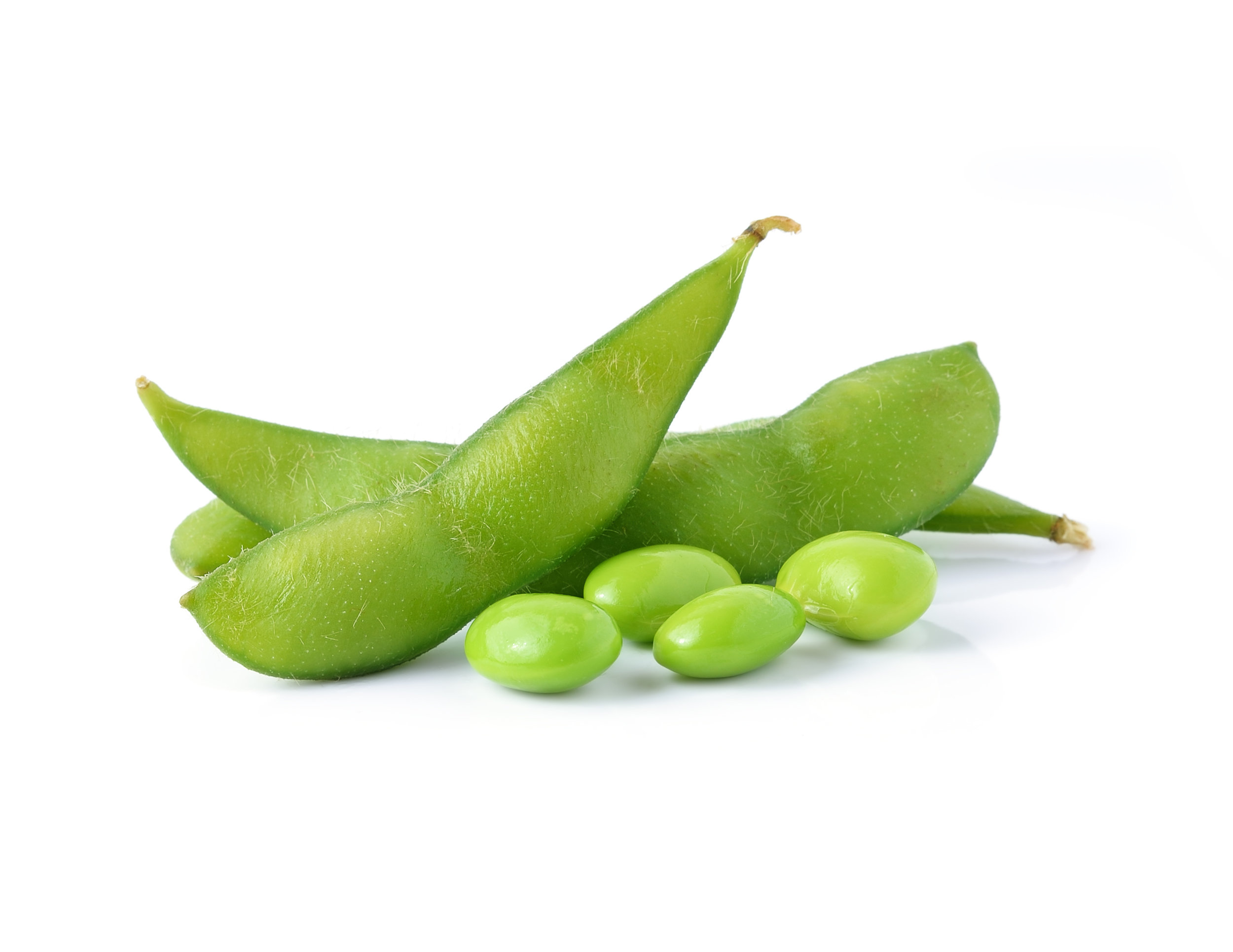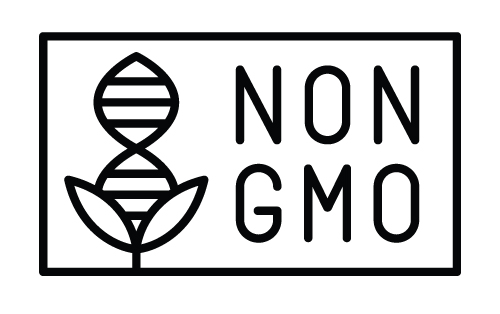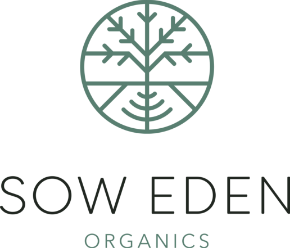Hi everyone! This is our blog-series about the premium ingredients we use, part of what makes Sow Eden Organics a premium stand-out CBD brand that you can trust time and time again. Sow Eden actually cares about what our customers put in their bodies. We think you should care too!
Today’s topic is Lecithin. We’ll be talking about:
-
What exactly lecithin is, and why it’s important for your health
-
Why we use lecithin in our tinctures
-
Why it makes our products so much better than the competition
-
Myths about soy-based lecithin
What in the heck is “Lecithin” Anyways?

Lecithin is a yellowish fatty-like substance found in a wide variety of plant and animal sources. Most commonly, lecithin is derived from soybeans, sunflower seed, cottonseed (rapeseed), or egg yolks. Actually, the very word ‘lecithin’ comes from the Greek word for egg-yolk, lekithos.
Without getting into TOO much detail, the main constituents of lecithin are phospholipids. Biologically speaking, phospholipids are fats (lipids) which comprise cell membranes. Phospholipids not only provide cell integrity — they facilitate the transportation of materials back and forth across the cell wall. Without phospholipids, our cells would dissolve and we would literally melt in water. Pretty crazy, right? Keep reading!
One of the most important phospholipids found in lecithin is called Phosphatidylcholine. In both humans and animals, phosphatidylcholines (PCs — or “cholines” for short) are concentrated in the lungs and brains. Although the human body manufactures a very small amount of choline in the liver, we need to supplement our intake from plant or animal sources high in PCs. Unfortunately, there is no USDA ‘Daily Recommended Value’ for cholines like there is for other micro/macronutrients such as magnesium, iron, potassium, vitamin B, etc.
So why is consuming choline actually important? When choline-rich lecithin is consumed, the body makes a chemical called Acetylcholine. Acetylcholine is an important neurotransmitter essential to normal muscle function, as well as proper function of the gastrointestinal tract, the heart, the lungs, and the Central Nervous System (CNS). Choline also aids in the process of methylation, which is used to create DNA, for nerve signaling, and for liver detoxification. The benefits of choline may include:
Lowered bad cholesterol
Improved cardiovascular health
May combat dementia / alzheimers
Improved digestion
Improved cognitive function
May boost immunity

So at this point, it’s safe to say that lecithin and its main active ingredient, choline, are absolutely crucial to optimal human health.
What is Lecithin actually used for?
Now that we’ve talked about what lecithin is and the importance of choline for optimum health, let’s talk briefly about how lecithin is actually used. Lecithin, most commonly derived from soy, is used in a wide range of industries and products, ranging from the food industry, to cosmetics, to medicine. Because lecithin is both water and fat soluble, it has a wide range of applications. In the food industry, for example, it is used as an emulsifier — it keeps substances from separating and allows oil and water to be mixed together. It is quite commonplace to see lecithin in the ingredient list of chocolates. Lecithin also helps stabilize mixtures and adds shelf-life, making it a good alternative to artificial preservatives.
In a similar fashion, the pharmaceutical industry uses lecithin as a surfactant (wetting agent), as a stabilizer, and as a choline-enrichment carrier, which aids in emulsifications and encapsulation. Lecithin also acts as a dispersing agent and can be used in the manufacture of intravenous lipid infusions and for various other therapeutic uses.
Lecithin is actually used for a lot more, but we’ll stop here and tell you why we use lecithin in our proprietary CBD products.
So then why do we use Lecithin in our infusions?
It’s pretty simple, actually. At Sow Eden, we are creating products that combine science with natural healing. While many of our competitors simply infuse CBD oil or CBD isolate into a carrier oil and then sell it to you, we take a more scientific approach in order to create the most effective CBD products out on the market. Using our proprietary suspension technology, we carefully and methodically infuse the highest quality hemp-derived CBD extract into our full line of products.
Based on what we’ve already told you about lecithin’s amazing and health-boosting qualities, our independent research has led us to believe that the human body may have an easier time assimilating bound ingredients and will be able to access and transport the CBD and other phytocannabinoids more efficiently throughout the body. In other words, our proprietary infusion process helps to distribute CBD and boosts its bioavailability in the body.
Soy lecithin must be bad because soy is bad, right?
Wrong! Well, the devil is in the details, so keep reading. Soy has a bad reputation, and rightly so! According to a wide number of sources, over 94% of soybeans cultivated in the U.S. are Genetically Engineered (GE), also known as GMO (Genetically Modified Organisms). GMO soybeans are notorious for containing alarming amounts of Monsanto’s herbicide — RoundUp. For this reason alone, we highly recommend steering clear of non-organic and GMO soy products altogether. Unfortunately, it’s extremely difficult to avoid soy since it’s in pretty much everything you eat!


Soy lecithin should not really be considered a true soybean product in the sense that tofu, soy milk, and soy sauce are made from soybeans. As a matter of fact, soy-derived lecithin contains negligible amounts of soy proteins. Many allergists do not advise their soybean-allergic patients to abstain from soy lecithin when it is included as an ingredient on food products. This being said, please be careful if you have a soy allergy. It’s always best to be safe than sorry. After all, the term “soy-lecithin” is used to alert the consumer that “this product is derived from soy, just in case you are allergic to soy.” This is called Source Labeling.
That being said, chemically speaking, lecithin from soy is not significantly different than lecithin derived from sunflower seeds. Like we noted above, lecithin is pretty much comprised of fat-like compounds called phospholipids, especially Phosphatidylcholine and other nutrient dense phospholipids.
At Sow Eden Organics we are proud to use organic, non-GMO soy lecithin in our CBD products, such as our tinctures and capsules. This specific product is derived entirely from non-GMO soybeans that have been Identity Preserved. This guarantees that the soybeans are from seedstock that has been certified as Non-GMO. All of the premium ingredients we use are selected with purity and quality in mind.
© www. soweden.com

WANT TO KNOW MORE?
To learn more about our other ingredients and awesome products, see our recent blog post about:

